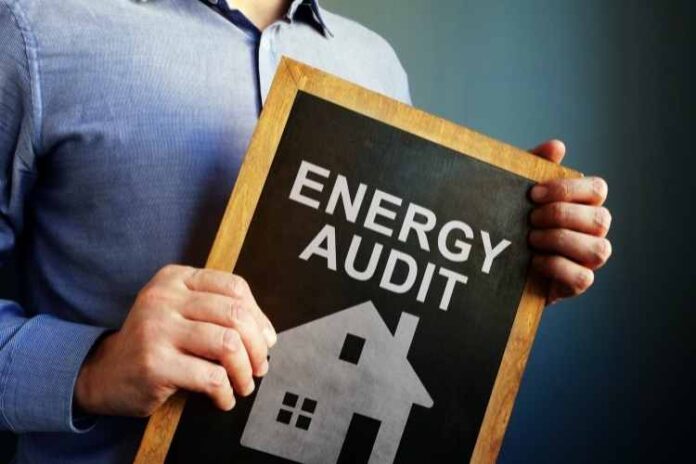Huge utility bills can affect your business. Huge utility bills increase the overhead costs. As an energy manager, it’s important to institute measures to bring these bills down. Come up with strategies for eliminating energy wastage in your company. That’s why you should conduct regular energy audits. Compare rates using Utility Bidder. Here are the top components of energy audits.
Air Leakage Evaluation
An energy audit should evaluate if there is any air leakage. Remember, air leakage means that your HVAC will do an extra job to keep your home or office warm or cool. This will increase the utility bills.
Use a blower door to measure the amount of air leakage in your home or office. Position it at the external door’s frame. Using this equipment is not complicated. Just read the installation manual.
Insulation Assessment
An insulated home or office is energy efficient. Thus, it’s important to insulate your home properly. Plus, your HVAC will use less energy to keep it warm or cold. Don’t allow the air to escape. Insulate its wall.
Check the insulation around the office or home. Measure the insulation thickness. Give the data to the energy auditor. An auditor knows to determine whether the insulation is sufficient or not.
Remember, the insulation standards can change from time to time. An energy auditor will recommend if you need any further action.
Water Usage Examination
An energy audit will also cover water usage in your home or office. Water wastage can lead to huge utility bills. Using high-efficiency showers, toilets, as well as washing machines can bring down water bills in your home or office.
The work of an energy auditor is to identify issues with showerheads and toilets. It can also pinpoint issues with washing machines. Replacing an old showerhead with a new one can save energy.
Nowadays, homes and offices use tankless water-based heaters. They are energy efficient. Also, you need to bring an energy-efficient washing machine. Bring in appliances that have an energy star mark.
Key Takeaway
Don’t let the huge energy bills strain you financially. You can save energy. However, you need to start with an energy audit. Among other things, an energy audit will help pinpoint areas you are losing energy and offer you recommendations. For instance, if you were using traditional bulbs, an energy auditor will advise you to use LED bulbs. This way, you can save up to 90 percent of energy.
The work of an energy auditor is to assess energy usage. He/she will take data on your energy consumption in the past. He/she will then analyze the data and evaluate areas you are losing energy. As a business owner, it is important to use the right energy audit to get the best results.
The Bottom-Line
Energy audits are designed to pinpoint areas where your company wastes energy. With proper energy audits, you can design a strategy to reduce these bills. Use energy audits to make your office energy efficient. The above are key components of an effective energy audit.








